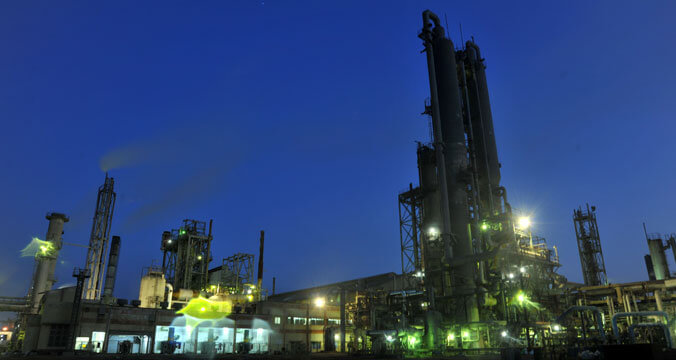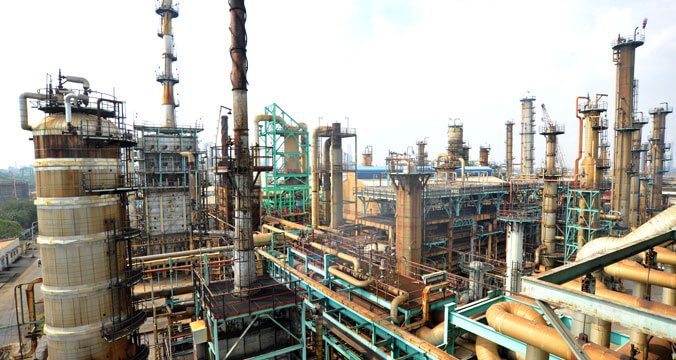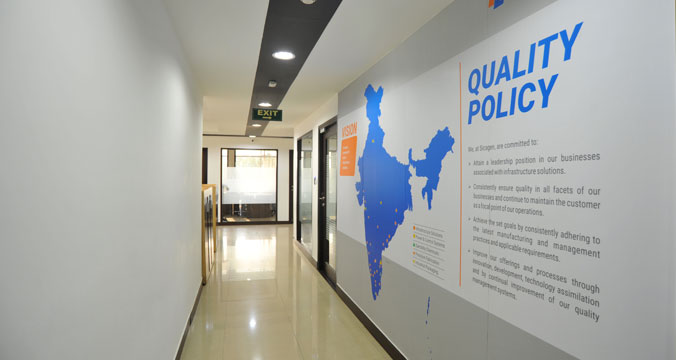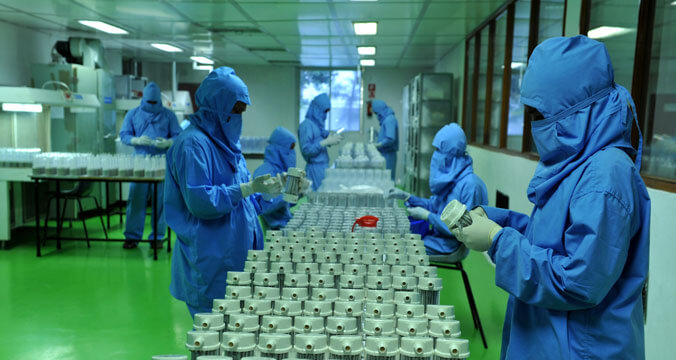
TPL: Navigating the COVID-19 pandemic with safety & compassion
Tamilnadu Petroproducts Ltd. (TPL), an AM International group company, is engaged in the manufacturing and sale of commodity chemicals. Its products are further used for manufacturing detergents, cleaning products, epoxy resins, and textiles.
Leveraging emergency preparedness from past crises
The company had faced the wrath of natural disasters like cyclone Vardha in 2016. It had an emergency preparedness plan that was modified to face the COVID-19 crisis. Some of the practices that helped the Company successfully combat the same were as below:
- Availability of emergency kits containing first aid supplies, nonperishable food items, and drinking water.
- A system for company-wide notifications via SMS and emails that could be used for seamless communication.
- Estimates of the maximum allowable downtime for each business function were available. These estimates proved to be highly useful towards planning and implementing modified operations in every business function.
- Many employees had the experience of working from home from time-to-time. As a company, TPL could estimate the amount of work that could be completed and make infrastructure arrangements for the employees to work efficiently from remote locations.
The company revisited these practices and added measures to be undertaken to prevent the spread of the virus:
- Protocols to maintain social distancing for the flow of activity, meetings, etc. at the work premises
- Ventilation measures
- Cleaning and disinfecting practices at places of work and other assembly spaces
Each department put up a strategy to address the functions that would be most impacted by the crisis:
- The operations team revised the production plan as per the number of employees that could physically be present at the facilities.
- The finance team realized that collections could get affected. They revised their cash flows and adjusted their revenue and income statements to account for possible losses.
- The HR team reviewed policies related to sickness and setting up exceptional rules. They worked with the government departments to get requisite permissions and implement the rules associated with the pandemic laid down by the state.
- The procurement team engaged with suppliers to understand critical material supply risks and devised a plan that would support both parties. Based on supply and demand, stock levels were rebalanced.
The management supported decentralised decision making that helped TPL to make quick and effective decisions.
A safety-first approach
The company implemented health and safety measures to minimize risks for employees and their loved ones. Employees were encouraged to work from home. The company stocked up on protective gear and hygiene products to mitigate the risk of shortage due to surge in panic buying.
Mahadevan S, Manager – Production, TPL exclaims,
Even before masks were mandated by the government, the company had stocked up on masks and sanitizers for distribution to employees.”
The company implemented safety measures like temperature checks, disinfection, and social distancing. The HR team mandated that any employees with symptoms should self-quarantine for 14 days, after informing their line manager.
How TPL acted with compassion to overcome challenges
Physical and mental health of employees remained at the core of the company’s efforts while navigating through the crisis. TPL implemented and broadcasted clear policies and messages related to the pandemic.
We conducted COVID-19 awareness sessions for our staff to enhance their knowledge and reduce anxiety. People were encouraged to talk to the leadership team and designated support staff about their concerns and get help as required.”
discloses N Kalyanasundaram, Vice President – Operations, TPL.
Robust manufacturing practices enabled TPL to mitigate the effects of the pandemic on day-to-day operations.
Moving ahead with responsiveness and responsibility
TPL has built agility, responsiveness, and resilience into their manufacturing operations. Here a few key measures:
- Instituting a business contingency task force that has representatives from across the company departments. This team stays updated and relevant in terms of processes to fight different types of crises.
- Designing and implementing a ‘knowledge and skills development program’ so that employees are equipped to handle even those tasks that are not their core responsibilities up to a certain extent.
- Putting together a plan of action to overcome operational issues such as inventory levels management, accommodation facility near the work premises, etc.
- Planning health and safety measures as part of the company’s overall strategy and implement them across business functions.
Incorporating these lessons into its ecosystem helped TPL remain agile and respond to the challenges comprehensively.








